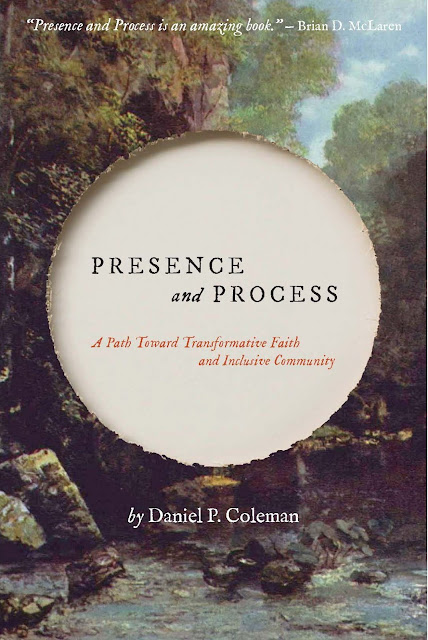Where is the U.S. Evangelical response to Uganda?
It is disturbing how little concern (or even mention) I'm seeing among Evangelical Christian leaders and media about the Draconian new anti-LGBTQ law in Uganda (a nation that is 85% percent Christian). I can only conclude that such cruelty is ok with these folks, as long as it is directed not towards Christians per se but towards persons who are gay. What has gone on in Uganda gives a bit of insight into the perils of theocracy, including Christian Dominianism. What we're seeing is a variation of the oppressive Evangelicalism that Margaret Atwood so aptly captured in her "speculative fiction" book 'The Handmaid's Tale'.
And now, just after the passage of the new law, a Ugandan newspaper has printed a list of the "top 200 homos" in the nation. And so the witch-hunts begin, and U.S. Evangelicals--who played a key role in allowing this environment to come into being--will encourage the injustice by their silence. The clear message to the world from U.S. Evangelicals is this: "Do whatever you want to LGBTQ people (including those who claim to be our brothers and sisters in Christ) but God help you if you mess with our Chick-Fil-A or Duck Dynasty."




